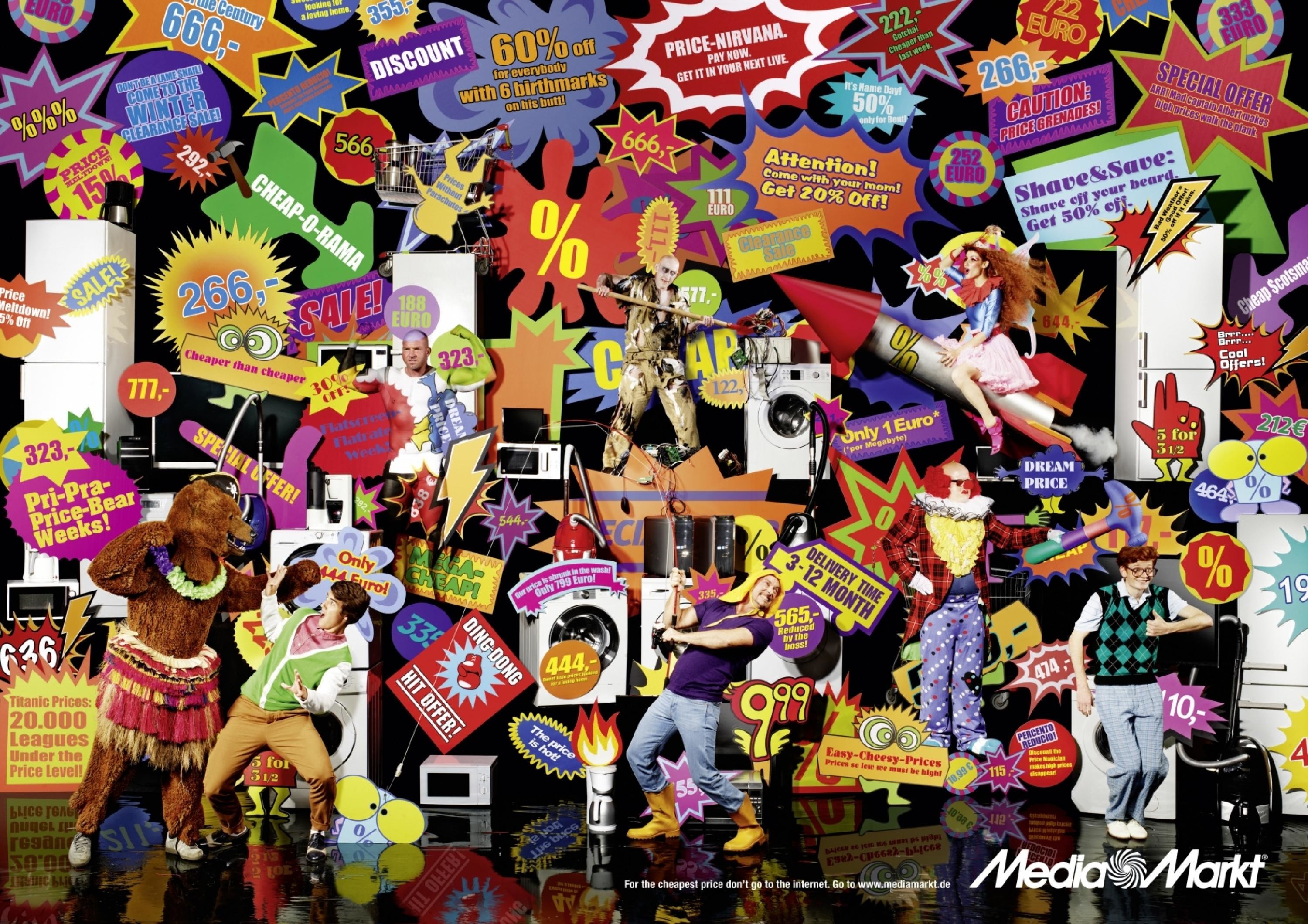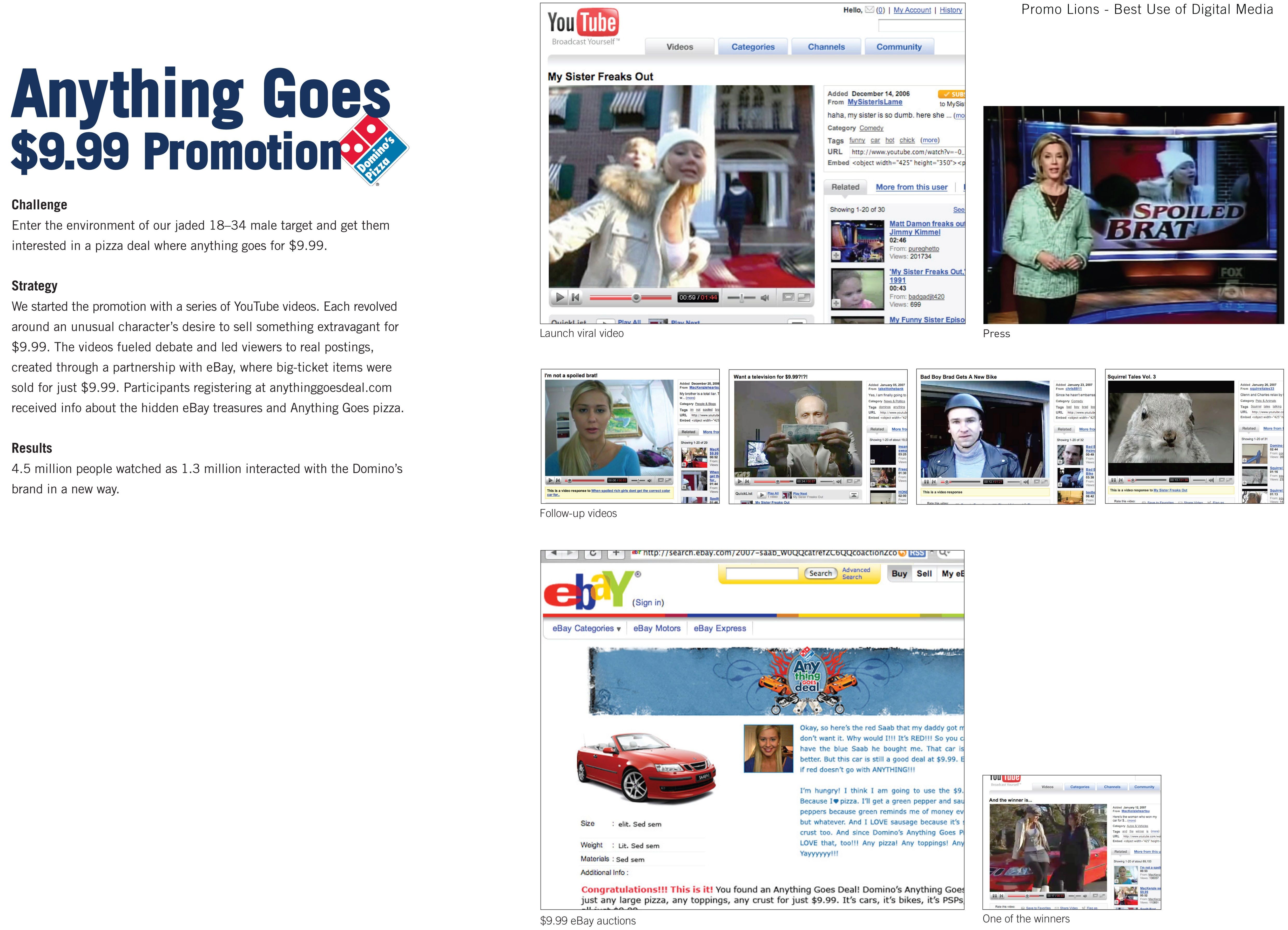Spikes Asia
Just Like Home Made with discoveries from Mercari
MERCARI, Tokyo / MERCARI / 2024

Overview
Entries
Credits
Overview
Background
Various local governments in Japan have raised fees for oversized waste disposal, and the pressure being put on household finances due to the cost of discarding unwanted items has become a social issue. Meanwhile, it was found that the value of things left unused for a year or more in households totals 532,000 yen (3,600 USD) per person. Of these unwanted items, 16% or 85,000-yen (575 USD) worth, are discarded during the year-end house cleaning that many households do. From this, we created an opportunity to change people’s way of thinking and spread the idea of turning unwanted items into assets by trading them on Mercari instead of throwing them away. It was our hope that this campaign might be able to bring us one step closer to realizing a society where people throw away less.
Idea
In order to convey the idea that unwanted items can be turned into assets, we focused on the home, where unwanted items tend to accumulate.
Returning to one’s parents’ home to be together around the New Year’s holiday is a tradition in Japan, so we considered creating our project centering around the common concept of “returning home,” which conjures a sense of nostalgia in Japanese people, and built a familiar-feeling home in trendsetting hub of Harajuku.
The project also includes pretend parents to give visitors the full experience of returning home, while of course also making them want to go back home for real, and raise awareness of the value of unwanted items people may have at home while fostering a mindset of wanting to actually find things to sell on Mercari.
Strategy
We focused on the cost of disposing of unwanted items, which puts pressure on household finances during year-end cleaning to make consumers aware of their value and show them that, by throwing away less, they can reduce costs and turn unwanted items into assets. We wanted to make something unique for each consumer. So, coinciding with the Japanese tradition of returning home for the New Year’s holiday to be with family, we created an immersive event using more than 2,000 items from Mercari and pretend parents to greet visitors and make a simulated homecoming experience to raise awareness of the value of unwanted items. From the Japanese culture of valuing returning home or old items that transcend time to the trends of Showa and Heisei retro that have been popular recently, this interest was sparked by the cultural aspects of daily life, which are of growing interest to consumers.
Execution
In the trendsetting hub of Harajuku, Tokyo, over 2,000 items traded on Mercari were brought together to recreate a nostalgic-feeling family home. In addition to major house cleaning, the end of the year is also a time when people in Japan travel home to be with their families. Together with this occasion, we launched an immersive event for five days starting on November 29, 2023 where people were able to have the same simulated homecoming experience with pretend parents.
Outcome
We were able to reach around 150 million people through the spread of information over social media and mass media. Our advertising conversion value is approximately 550 million yen (3.7 million USD). As far as mass media, the campaign received exposure on all commercial TV stations in Japan. Furthermore, consumer intention to use Mercari increased by 14% as a result of this campaign. (Consumer intention to use Mercari was 49% among those who were unaware of the campaign, while it was 63% among those who were aware of the campaign.)
Similar Campaigns
11 items







